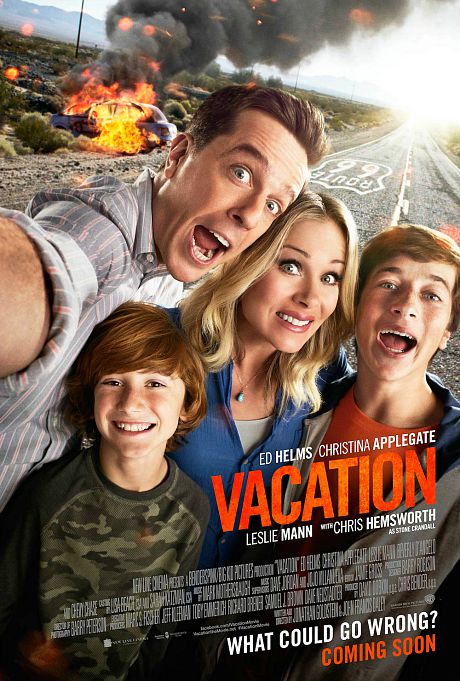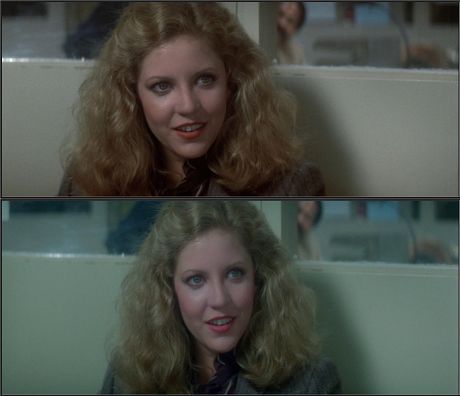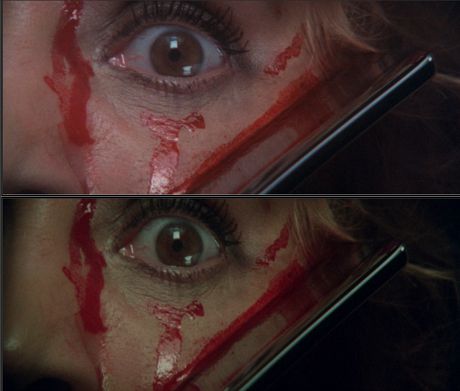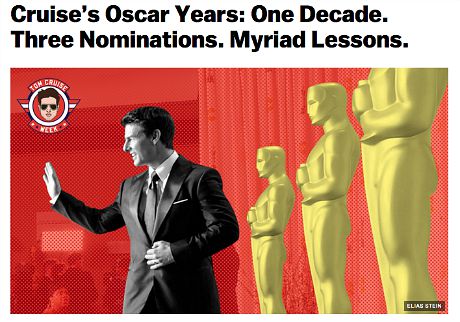Consult link story before reading: Are you ready for the ultimate Weinstein Co. vs. Sony Picture Classics award-season showdown? A Cate Blanchett-in-Truth vs. Cate Blanchett-in-Carol Best Actress duel that will most likely put Harvey Weinstein in an eyeball-to-eyeball situation with SPC’s Michael Barker and Tom Bernard? Because it seems all but inevitable at this stage unless, you know, somebody blinks.
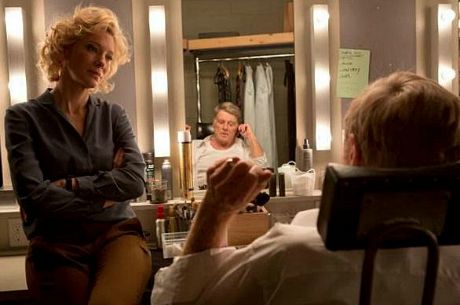
Cate Blanchett as Mary Mapes, Robert Redford as Dan Rather in James Vanderbilt’s Truth (Sony Pictures Classics, 10.16).
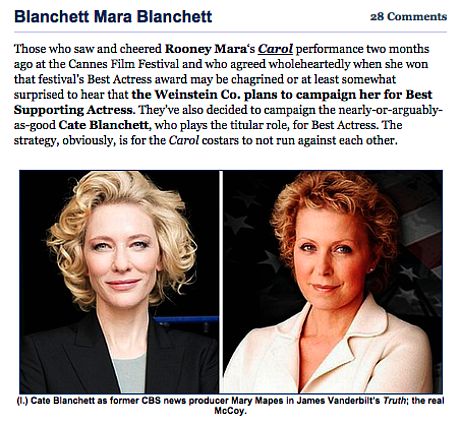
Todd Haynes‘ Carol (Weinstein Co., 11.20) was one of the biggest hits of last May’s Cannes Film Festival, and right away the buzz was that Blanchett’s performance as the titular character was a slamdunk Best Actress contender, even though many (myself included) felt that Rooney Mara‘s performance as Blanchett’s younger lover was just as penetrating. The Cannes Jury voiced their agreement when they gave Mara their Best Actress prize.
SPC announced today that Truth will be going up against Carol in an award-season sense, or rather that Blanchett will go up against herself. They formalized this situation with an announcement that James Vanderbilt‘s Truth, a presumed award-season contender about “Rathergate” starring Cate Blanchett and Robert Redford, on 10.16. Except it’s been more or less common knowledge for some time that they’d be releasing the Insider-like journalism drama sometime in the fall.

